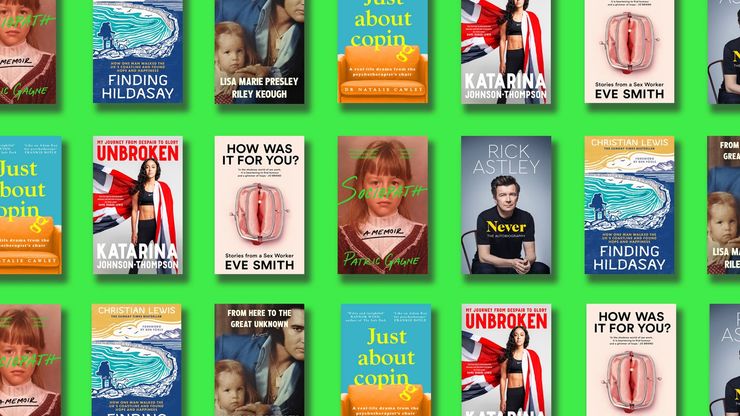5 questions with Jean-Paul Didierlaurent
We sat down with Jean-Paul Didierlaurent, author of The Reader on the 6.27 to ask him 5 questions about his novel that highlighted the "invisible, the battered lives, the ordinary people".

We sat down with Jean-Paul Didierlaurent, author of The Reader on the 6.27 to ask him 5 questions about his novel that highlighted the "invisible, the battered lives, the ordinary people".
Congratulations on the release of The Reader on the 6.27. In your own words what is it about and what does it mean to you?
In this novel, I wanted to highlight the invisible, the battered lives, the ordinary people who often go unnoticed; and I wanted to show that each of them could have their own unexpected story. In a society where looks have become a religion and where we judge more on appearance, I wanted to highlight our prejudices and show that the clothes do not always make the man. But this book is also a declaration of love for words and for reading. All the characters have a close relationship with words - the words they read, the words they speak and finally the words of love. These words are the real cement of the novel.
This is your first novel following two short story collections, can you tell us about the challenges faced in The Reader on the 6.27 as opposed to short stories?
As a short story writer, novels, by their size, scare me. I suffered from an inferiority complex faced with the writing of a long story, fearful of getting lost in the vastness of so many pages. At the same time, it was my frustration with the short story which pushed me to write the novel. When you create a character, when you become attached to that character and you have to give him up after only a few pages, you regret not having been able to spend more time with him, not having had the opportunity to round him out with your words, to give him more substance. This is what happened to me with the character of the Reader, who I created a dozen years ago for a short story. This hero deserved to be more than the character in a piece of short fiction. I had given birth to him and somehow forced him onto the page. I knew that one day we would have a great adventure together.
Can you go tell us about your writing process? What have you found most effective as an author, and what changed when writing The Reader on the 6.27?
I like to incubate stories in my head until they eventually hatch and demand to be written down on the page. For The Reader on the 6:27, the ripening phase was a long one, spread over several years. However, the novel itself was completed in a very short period, less than three months. Choosing an author's residence hundreds of miles from home allowed me total immersion with my characters. What a joy to be haunted by them, to play God with them. This total freedom to write was a real discovery for me, and the source of some intense moments of joy. For those who would like to understand the process, strictly speaking, I wrote as if I were climbing a staircase - step by step; constructing each chapter a bit like a short story, without thinking too much about the whole. This allowed me to move forward without the sense of vertigo a short story author often feels when faced with the prospect of a novel.
Do you have a favourite moment or a particular line from the book that you could share? And why it was so significant to you?
It is difficult for me as a father to say which part of my baby I prefer. No matter where I look, I feel a certain affection for what I read. For example, the short passage where Guylain throws his goldfish's remains into the waters of the channel, he shows all the humanity in his character. There are passages that moved me too, like when Guylain deals tenderly with his friend Giuseppe. The sections which made me smile: tasting the chouquettes in the public toilet. Those parts which frankly make me laugh, like the erotic reading session. Writing this book has given me great pleasure, and I like to think that pleasure is shared with the reader.
The Reader on the 6.27 sees the protagonist fall in love with a woman after finding a USB stick with her diary on it. Can you tell us about any lost treasures that you have uncovered and why they were (or became) so special?
Treasures can sometimes appear to you in unexpected ways. I saw the most beautiful of these treasures in my little son's first smile when he was only a few weeks old. At the very moment his face lit up, the way his eyes crinkled, the way he stretched his lips, I saw in him the face of my father who had died three years earlier. For a brief moment, my father was there, entirely present in this generous smile, the twinkle of the eyes, in the light that seemed to illuminate my little son from the inside. This is the most beautiful gift I have ever been given.
The Reader on the 6.27

Guylain Vignolles lives on the edge of existence. Working at a book pulping factory in a job he hates, he has but one pleasure in life.
Sitting on the 6.27 train each day, Guylain recites aloud from pages he has saved from the jaws of his monstrous pulping machine. But it is when he discovers the diary of a lonely young woman, Julie – a woman who feels as lost in the world as he does – that his journey will truly begin.


